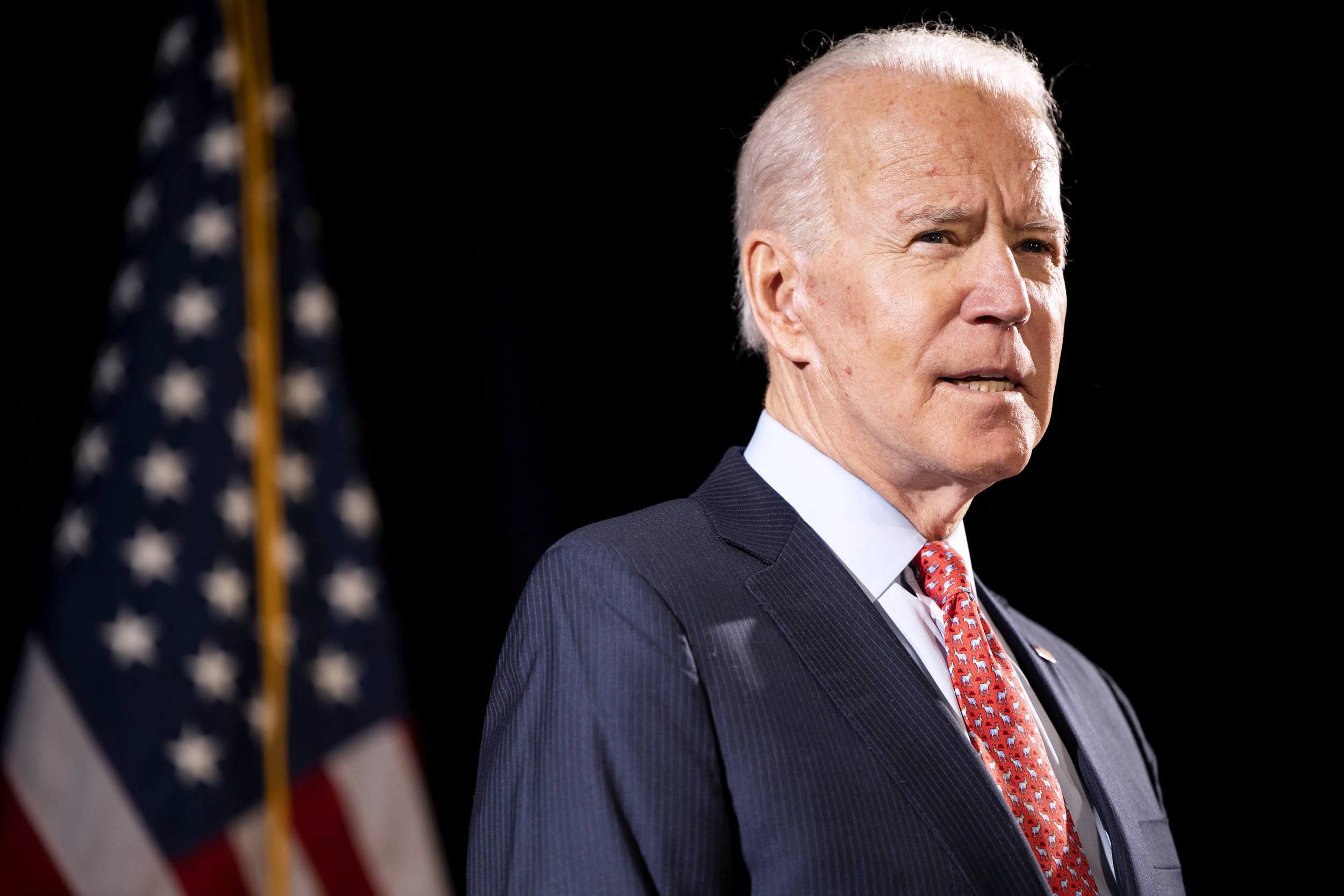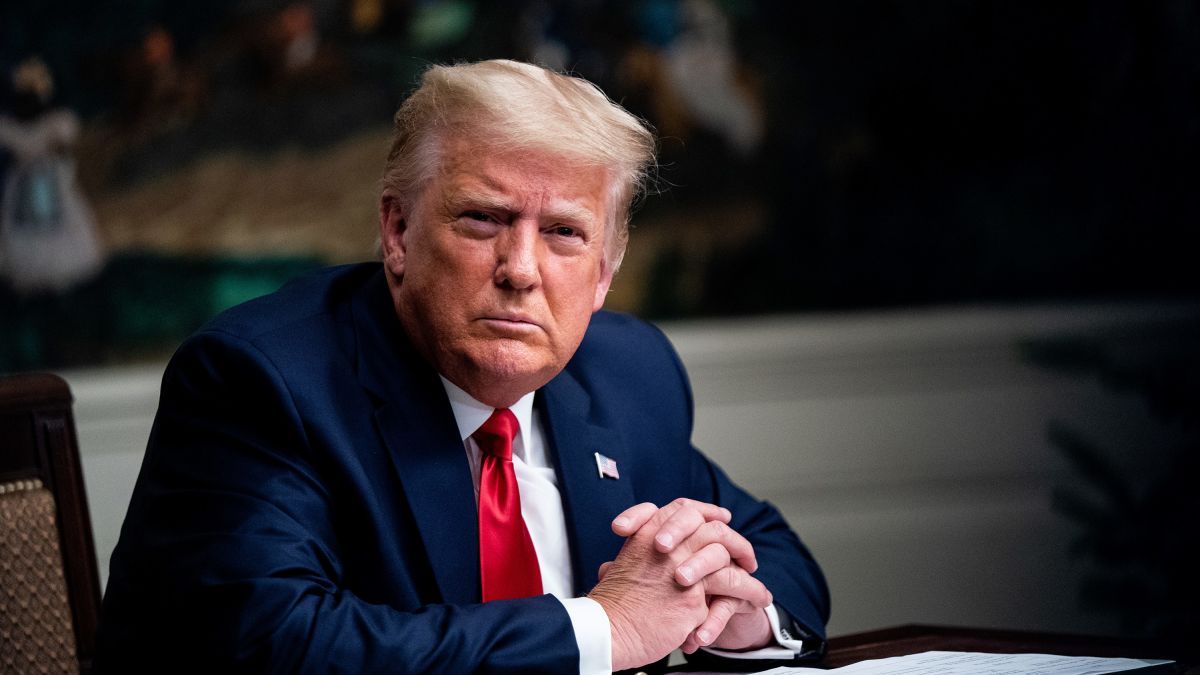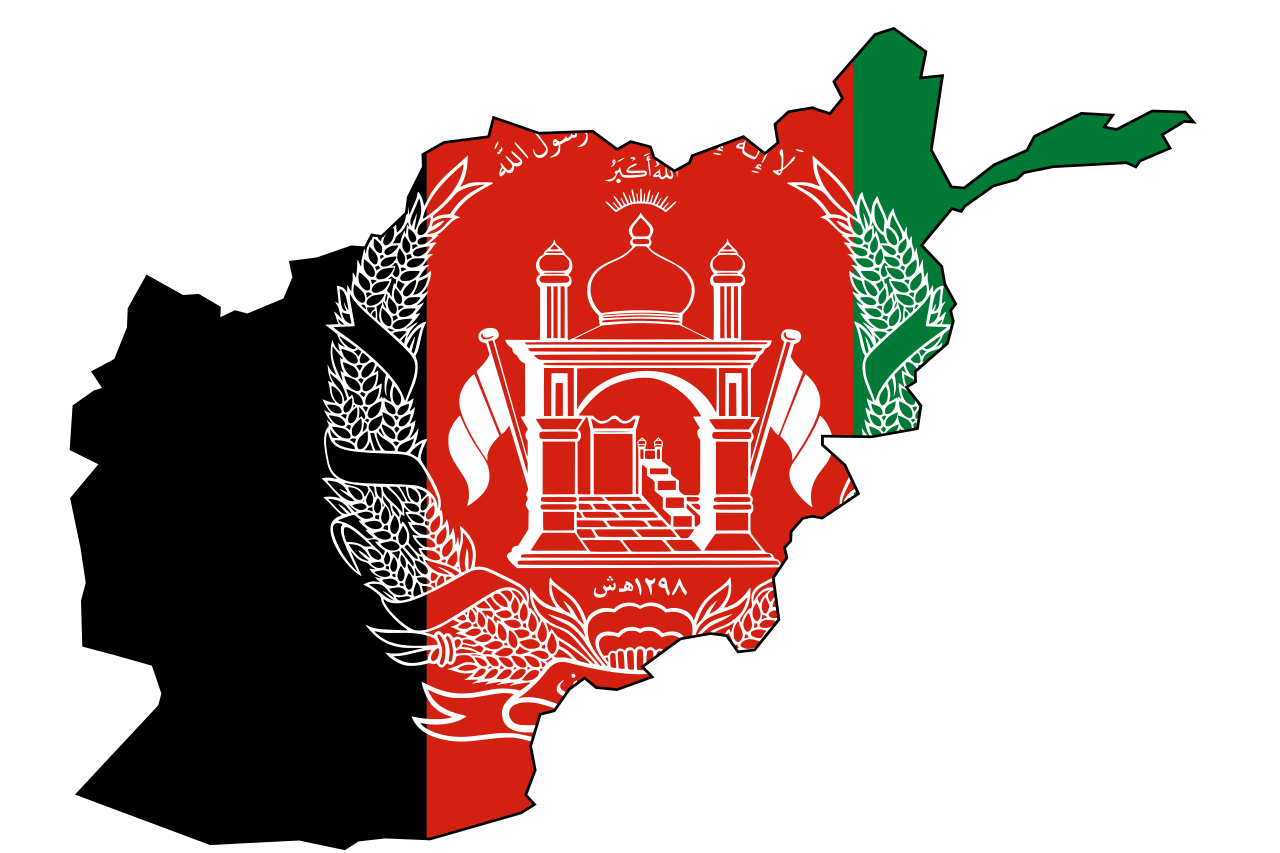After the release of an appalling report by Australian Defence Force about the killing of Afghan prisoners and civilian by its Special Forces, China has demanded a thorough probe into the alleged war crime. China’s Foreign Ministry Spokesman Lijian Zhao at a news conference on November 27 condemned that act of murdering civilians by Australian forces and described it a “hypocrisy of those” who consider themselves guardians of human rights and freedom. The stance is identical to the reaction shown by the Afghan Foreign Ministry and Afghan Independent Human Rights Commission. Australia had sent its forces in Afghanistan following the overthrow of the Taliban regime in Kabul as a part of US-led Coalition. The country and its military are reeling from the findings of the war crimes inquiry – 19 Special Air Service (SAS) troops could face prosecution for the murders.
A report released by Australian Defence Forces (ADF) brought to light credible evidence on the war crimes committed by their Elite Force deployed in Afghanistan after the incident of 9/11 and subsequent induction of US and NATO troops there. In a series of incidents 39 Afghan prisoners and civilians were killed after their capture and arrest during 2009-13. The ADF blamed the crime on unchecked “war culture.”
The inquiry into the alleged war crimes was conducted by Major General Justice Paul Brereton who interviewed 400 witnesses. The inquiry found evidence that junior officers were told to get their first kill by shooting prisoners in a practice known as “blooding”. It tells that the crime was not done by the war-tired soldiers but were ordered by the officers in command to do so. Treacherously, weapons and other items were planted near the bodies of the victims to cover up the crime. The report states that additional incidents establish another war crime— treatment of cruelty.
The inquiry report reveals that 25 Special Forces soldiers had taken part in unlawful killings of non-combatants and captured prisoners in 23 separate incidents. It recommended 36 incidents in total to be investigated by the federal police. ADF Chief General Angus Campbell said that none of the incidents can be described as being in the heat of battle. The Australian Prime Minister Scott Morrison termed the inquiry report as “difficult and bad news for the Australians about its special forces”. He has conveyed his sorrow to the Afghan President Ashraf Ghani over telephone.
In response to the ADF investigation report, the Afghan Foreign Ministry said the incidents mentioned in the report were unforgivable but its publication was an important step towards justice. In other words, the Afghan government wants justice for the families of victims of war crime through due process of law. The Afghan Independent Human Rights Commission has welcomed the report but noted it had not established enough evidence to ensure criminal prosecution to bring the perpetrators of war crime to justice. The commission urged that “the required evidence be sought and adequate compensation be paid without delay.” Only through a series of independent inquiries the truth can be uncovered about the murder of innocent Afghans, which falls within the category of blatant war crime, the commission emphasized.
Ironically, the initial action taken by Australian military authorities is nothing but eyewash, reminiscent of the genocide that their ancestors had committed against “Aborigines”, the original inhabitants of Australia. The Chief of Australian Army Lieutenant General Rick Burr said on November 27 that administrative action notices have been issued to 13 soldiers proposing termination of their services. It is an established fact that leaders of western democracies and Australia have demonstrated racism in their so-called norms of human rights. Let us hope that diplomatic pressures from Asian countries will mount to deliver justice to Afghans, for which China has raised a strong voice.
Susannah George and Dan Lamothe reported for Washington Post on November 27: “The United States has closed at least 10 bases around Afghanistan. But drawdown details remain murky”. Closure of bases is part of the complete withdrawal of the US military. Many officials in Afghanistan say “they are uncertain of what’s to come despite a fast-approaching deadline”. Little is known about the current status of many bases in Afghanistan’s most volatile conflict zones where the US support for Afghan operations is critical in pushing back the Taliban.
Some bases have been completely handed over to Afghan security forces. Others may have been vacated and left in place in a way that they could be occupied again in the future if considered necessary. “It is also unclear how much equipment — more difficult to move than people — is left at each of the closed installations”.
Back amongst the US strategic circles, two narratives: all is well in Afghanistan, as well as, it’s as bad as in 2001 are being kept afloat simultaneously, to either continue with Trump’s policy of complete withdrawal of troops, or to switch over to Biden’s concept of keeping around 10,000 boys in Afghanistan.
More than one prophesy is being aired about the future prospects of the Afghan peace process. Afghanistan’s Presidential Palace has confirmed the predictions by many other individual think tanks and individual strategists that there was no progress in the Doha Talks. The Taliban have effectively timed out Donald Trump and they are looking forward for a fresh start with Joe Biden.
There have also been suggestions about a breakthrough in the talks, reporting that both sides have agreed to include the US-Taliban agreement, UN endorsements for the Afghan peace process, commitments of the negotiating teams and the will of the Afghan people as the foundational base for upcoming negotiations.
Being beneficiary of ongoing chaos in Afghanistan, President Ashraf Ghani’s dispensation was never in favour of engaging Taliban and he made sure that the process does not move ahead on the pretext that “the Taliban’s demand is against Afghanistan’s Constitution”. Presidential spokesman Sediq Sediqqi told reporters on November 25 that the Taliban’s demand is “against the Constitution.” Sediqqi said peace is a priority for President Ghani and that the Taliban should join the peace process as it is supported by the international community. He added that the deadlock in the talks has not broken so far; “Afghan Republic’s negotiating team is trying to break any deadlock and keep the Taliban at the table of negotiations.”
The international community continues to show concern about the high level of violence in the country resulting into snowballing of civilian casualties. Nearly 50 percent spike in violence has been reported amid peace talks, causing around 6,000

civilian casualties during this year. As reported by the US Special Inspector General for Afghanistan Reconstruction (SIGAR) in its quarterly report to the US Congress on November 5, attacks both against Afghan forces and civilians were 50 percent higher in the three months towards the end of September than compared to the previous quarter. The watchdog reported 2,561 civilian casualties this quarter, including 876 deaths, up by 43 percent from the April to June period.
An immediate ceasefire in Afghanistan is most sought after in the peace process. Reportedly, Afghan chief negotiator Mohammad Massoom Stanikzai and presidential peace advisor Salam Rahimi made an unannounced trip to Kabul, seeking President Ghani’s approval for the agreed formulation. The Taliban and the Afghan government have been engaged in talks in Doha since September 2020. The discussions quickly became bogged down by disputes on the agenda, the basic framework of discussions and religious interpretations.
Dozens of foreign nations, international institutions and the European Union took part at a virtual global conference hosted from Geneva. Donor fatigue was evident during the November 24 UN hosted donor conference. Though donors pledged billions to Afghanistan, most of them also attached strings. Many countries imposed restrictions over pledged funds, like, progress in talks between the Taliban and the government, among others. The United States and Germany introduced restrictions on future funding and some committed for just the next year – departing from four-year pledges made in the past. “We’re pleased to pledge today $300m …with the remaining $300m available as we review progress in the peace process,” US Under Secretary of State for Political Affairs David Hale said in a virtual address to the conference. The US has been contributing roughly $800m a year in civilian aid in recent years. Hale said “significant progress” had recently been made, including a tentative agreement on ground rules that could allow negotiators to proceed to the next stage of forming an agenda, however, an increased level of violence in the country seems to depict a different reality in terms of progress. Germany pledged 430 million euros ($511m) in 2021 and signalled it would keep contributing until 2024 but also stressed that progress towards ending the almost 20 years of war was needed.
As the donors’ conference proceeded, two explosions rocked an outdoor market in the central city of Bamiyan, usually considered one of Afghanistan’s safest areas, killing at least 14 people and wounding 45, mostly civilians. There was no immediate claim of responsibility. Earlier, when Secretary of State Mike Pompeo was talking to the Taliban in Doha, insurgents fired rockets on Kabul, killing eight civilians and injuring dozens more.
The European Union pledged 1.2 billion euros ($1.43b) over four years, but emphasised aid was conditional. Norway will keep aid to Afghanistan at around NOK 650 million in 2021, and continue at same until 2024. However, Norway could reduce the aid if the peace talks and anti-corruption efforts fail. “Our support and further levels (of support) will be assessed on the basis of the authorities’ efforts against corruption,” Foreign Minister Ine Eriksen Søreide (H) said. She added that satisfactory progress in the peace process is also important. “Our assistance will support the Afghan authorities’ goals of democracy, sustainable development and modernization, help lift people out of poverty, improve governance, reduce corruption, and improve the daily lives of Afghans,” EU Commissioner Jutta Urpilainen said.
Uncertainty over whether the compromises needed for peace might lead to backsliding on human and women’s rights has also made some countries wary about making long-term commitments to an Afghan administration, which needs foreign money to cover about three-quarters of its spending. “Afghanistan’s future trajectory must preserve the democratic and human rights gains since 2001, most notably as regards to women and children’s rights,” EU foreign policy chief Josep Borrell said. “Any attempt to restore an Islamic emirate would have an impact on our political and financial engagement,” he added. UK said it would pledge $227m in annual civilian and food aid. Curbing corruption was another wish on the part of countries considering donations.
Afghanistan is likely to receive 15 to 20 percent less funding than the roughly $15.2b pledged at the last conference in Brussels in 2016 due to uncertainties over the peace process and Covid-19. President Ashraf Ghani has estimated that aid covers about 75 percent of the country’s public spending.
Breshna Omarkhel reported for VOA that the former NATO commander expects the Joe Biden Administration to keep troops in Afghanistan. James Stavridis, retired US Navy admiral and former military commander of NATO, said the US and its allies should keep about 10,000 troops in Afghanistan for the foreseeable future to pressure the Taliban into a peace agreement with the Afghan government. He said, “My sense is the international community will in fact continue to support Afghanistan, really, for the indefinite future. I certainly believe the United States, in particular, with a Biden administration coming in, will be very likely to want to conclude a successful peace agreement. I think the entire international community wants that. So, the level of aid may be reduced a bit, but I think as a general proposition, the support will continue, frankly, because we are getting closer and closer to a peace agreement, Inshallah (God willing)”.
President Donald Trump is withdrawing another 2500 troops from Afghanistan before Biden takes charge in January. The new administration will look very seriously at bringing back some additional number of troops, whether President Trump gets all 2,500 of them home by the inauguration or not is yet unclear. The Biden administration may take a zero-based review of the situation. The military mission in Afghanistan will become more condition-based than it has been over the last year of the Trump administration.
Admiral James Stavridis said that his hope and advice to a Biden administration would be: ‘We have come too far. We’ve invested too much. This is the wrong time to simply walk away from this Afghan mission that we have conducted with our allies, partners and friends, and, above all, with the people of Afghanistan.’ We can continue to support them with a minimal troop presence, and we can continue with relatively small amounts of funding. Those are both well within the capacity of the US and its allies. And I would firmly advocate for them if we can. I don’t think the future is bright for the Taliban”.
A new report released on November 24 warned that Afghanistan is becoming a significant global producer of methamphetamine. The country’s opium poppy fields are already the source of the majority of the world’s heroin, and now this report by the European Monitoring Centre for Drugs and Drug Addiction (EMCDDA) warns that crystal meth could eventually become just as big an industry. The boom is the result of a discovery by drug traffickers that a plant commonly found growing wild in parts of Afghanistan, ephedra, can be used to create the key component of meth: ephedrine. “The realisation that you could produce methamphetamine from a wild crop in the mountains has been a fundamental gamechanger,” said Dr David Mansfield, an expert on Afghanistan’s drug industry and lead author of the report. Dr Mansfield said drug traffickers previously used to extract ephedrine from more expensive imported medicines, but were now able to use this far cheaper alternative and some “simple chemistry”.

This year, hundreds of kilograms of the drug, worth tens of millions of dollars and suspected to originate from Afghanistan, have been found hidden onboard cargo boats during search operations by the Sri Lankan Navy, as well as by international forces patrolling the Arabian Sea. There are fears the methamphetamine could end up in Europe too, following an established heroin route from Pakistan and Iran and then through East Africa. Andrew Cunningham, another of the authors of the EMCDDA report told BBC that at the moment methamphetamine use in Europe is not “widespread” but added, “there is a good chance the crystal meth will carry on its journey up into Europe at some point.”
Pakistan has welcomed the announcement of an agreement reached on rules and procedures by the Afghan government and the Taliban in Doha as representatives from both parties said that they reached a preliminary deal to press on with peace talks. It has also been welcomed by the United Nations and the United States. The agreement came after months of discussions.US Special Representative for Afghan Reconciliation Zalmay Khalilzad said that the two sides had agreed on a “three-page agreement codifying rules and procedures for their negotiations on a political roadmap and a comprehensive ceasefire”. “This agreement demonstrates that the negotiating parties can agree on tough issues,” he said on Twitter. Back in Afghanistan, the two sides are still at war.
As per the February 2020 deal, foreign forces are to leave Afghanistan by May 2021 in exchange for counter-terrorism guarantees from the Taliban, including negotiating a permanent ceasefire and a power-sharing formula with the Afghan government. Two narratives: “all is well in Afghanistan”, as well as, “it’s as bad as in 2001” are being kept afloat to either continue with Trump’s policy of complete withdrawal of troops, or to switch over to Biden’s concept of keeping around 10,000 boys in Afghanistan.




